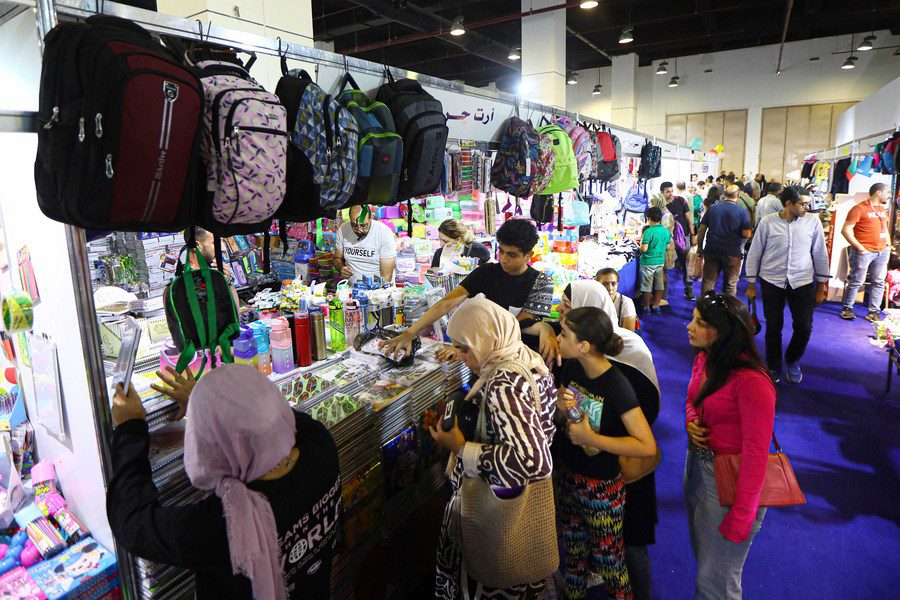The fact that Africa is not homogeneous is known to all nowadays, and so the need to look at the nuances of each region, market and culture can never be over-emphasised. Gaining a precise understanding of consumer habits, however mundane as they may seem, becomes a lot less simple. How and why people shop takes more than just numbers, and certainly requires contextual detail that accounts for culture, socio-political dynamics, economy and so on. It requires context, the kind that comes from spending time with consumers in their real environments. This is where ethnography comes in. By observing everyday behaviours in homes, stores, and digital spaces, brands can uncover what truly shapes buying decisions.
Inflation, changing tastes, and the rise of digital platforms have all made it harder for businesses to predict what will sell and why; hence the market becomes rather unpredictable. While surveys and sales data give a snapshot, they often miss the full picture, especially in a country as complex and diverse as Egypt, where urban and rural habits can be worlds apart.
That’s why agencies like Marketeers Research, based in Egypt, are putting ethnography at the heart of their work. Known for their deep fieldwork and cultural sensitivity, Marketeers goes beyond surface-level data. They spend time with families, observe how people shop, and speak the local dialects, all to understand the “why” behind everyday decisions.
Recent studies by the firm show a shift in how Egyptians shop: consumers aren’t just spending less, they’re becoming more intentional. Shoppers are weighing emotional value against practical needs. Local brands are gaining ground outside city centres, not just because they’re affordable, but because they feel familiar and relevant. At the same time, platforms like WhatsApp and TikTok are playing a growing role in how products are discovered and shared; even in categories that used to rely on in-store visibility.
This kind of insight only comes from being close to the consumer, and ethnographic research helps brands uncover this. Brands are enabled to adapt their strategies, from how they package products to how they position them online. It allows them to build relevance in a market where assumptions can be costly.
For North African markets, ethnography isn’t just a research method; it’s a business advantage. And with local agencies like Marketeers Research leading the way, businesses have a better chance of staying in touch with the people they want to serve.








